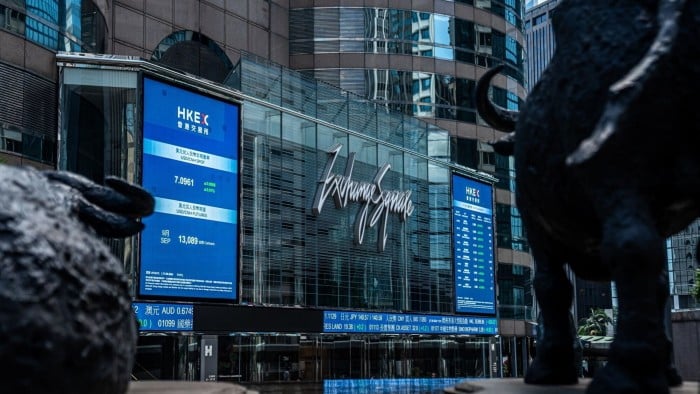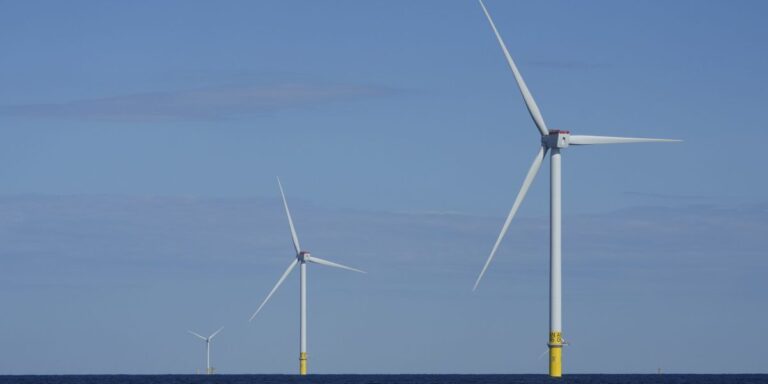[adrotate group="2"]
Hong Kong is aiming for a revival of its listing market, targeting $20 billion in new listings for the year. This strategy is being driven by increasing tensions between the US and China, as well as a sluggish capital market on the mainland.
Investment banks anticipate a wave of secondary listings from Chinese companies, particularly led by battery manufacturer CATL. These secondary listings, moving from China’s A shares to Hong Kong’s listing, are expected to garner significant funds, potentially reaching the $20 billion mark.
This renewed activity comes as Hong Kong has faced challenges maintaining a strong lineup of international companies, having lost notable names like L’Occitane. The shift towards Hong Kong is being fueled by Chinese companies with substantial overseas interests looking to raise capital outside of mainland China amidst stricter regulations on capital outflows imposed by Beijing. Additionally, rising geopolitical tensions have discouraged some companies from listing in the US.
Kenneth Chow, managing director at Citi in Hong Kong, expressed optimism that the market will recover, predicting that A to H listings could represent a substantial portion of the anticipated $20 billion in listings this year. Companies confirming their plans for second listings include Jiangsu Hengrui, with a market value of $37 billion, and soy sauce manufacturer Foshan Haitian, valued at $32 billion.
Although CATL has not yet filed for a listing, Morgan Stanley estimates that it might raise up to $7.7 billion, which has been complicated by its association with the Chinese military as flagged by US authorities. Nonetheless, there are indications of a market ready for fresh listings; for instance, Chinese banks have offered very low underwriting fees for the CATL listing.
Deloitte’s capital markets analysts predict that Hong Kong will see around 80 combined initial and secondary listings this year, potentially raising up to HK$150 billion (around $19 billion), primarily from Chinese firms. This influx of companies could bolster Hong Kong’s image as a global business hub, coming off the back of $10 billion raised last year through listings. This amount marked an improvement from 2023’s $6 billion, although it remains significantly lower than the record $51 billion raised in 2020.
The Chinese securities regulator has taken steps to facilitate the listing of companies in Hong Kong to enhance their international presence, including simplifying the filing process for overseas listings. Many companies have also withdrawn from the US market due to the high regulatory demands and low liquidity.
A spokesperson for the Hong Kong stock exchange stated that they expect continued momentum in listings, as more leading companies globally seek to utilize the Hong Kong platform for international expansion. Analysts indicate that political policies, particularly those from the US regarding China, might drive more firms towards Hong Kong.
There is hope for these companies to replicate the success of Midea, which raised about $5 billion in a highly successful offering, with its stock price increasing by 27% since its debut. While the typical trend shows that shares listed in mainland China usually trade at a premium compared to their Hong Kong counterparts, regulators are monitoring this closely. The ongoing challenge is to minimize the discounts seen between A shares and H shares.
Generally, large-cap companies like BYD experience smaller price disparities in Hong Kong in comparison to smaller firms, which struggle to attract similar interest. Industry executives believe narrowing these discrepancies will be key to improving market performance. They project that $20 billion in fundraising this year is a reasonable target, although this is subject to their subjective estimations.
photo credit: www.ft.com
[adrotate group="2"]





